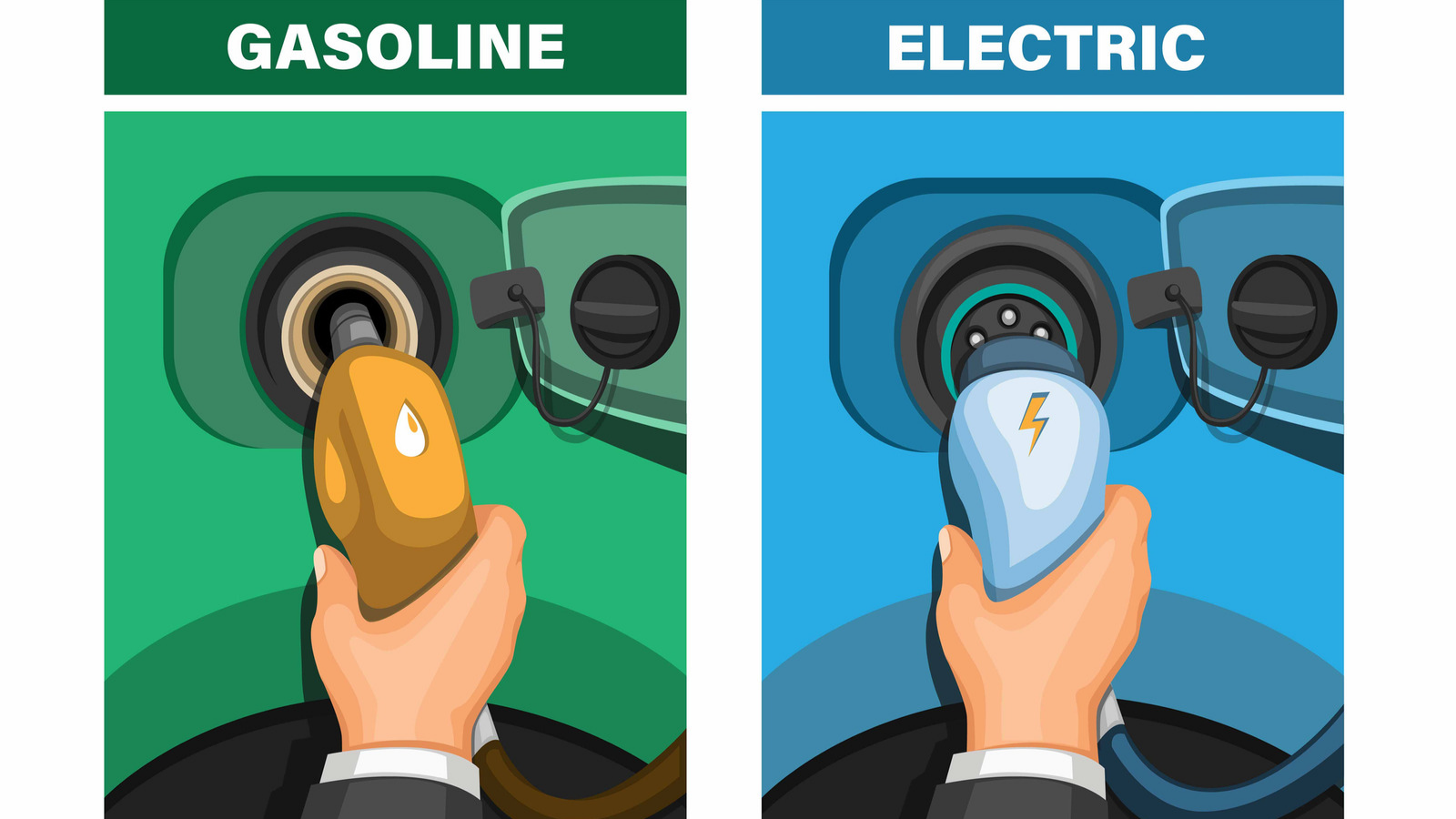[ad_1]
In the face of rising fuel prices and climate change, today’s vehicles are changing. More drivers are purchasing electric vehicles (EVs) – EV sales for the first half of 2022 shot up by 63% compared to the same time period in 2021. But what if you’re not in the market for a new car or want to make a gas-powered vehicle more efficient? If you find yourself wondering, “can I convert my gas car into an EV?” a crate motor conversion may be the answer.
What Is an EV Crate Motor?
Crate motors can retrofit a gas-powered model to become an electric vehicle. An electric vehicle crate motor is a complete engine assembled and ready for installation and use. Named for the shipping containers they arrive in, mechanics typically receive crate motors directly and can install them immediately after receiving them.

How Does an EV Crate Motor Work?
Crate motors have two distinct parts: the stator and the rotor. Both parts use electromagnets to convert the battery’s current into rotary power. Each part works independently to ensure the motor receives the power it needs to operate smoothly. Let’s dive a little deeper:
What Does the Stator Do in an EV Crate Motor?
The stator is a fixed element responsible for generating energy from the magnetic field. The stator core is a group of laminated steel rings that act as a mount for conducting wires that wrap around the frame. These wires serve as a magnetic field that moves the current from the battery to the stator.
A magnetic field protects the energy flow throughout the stator. The frame simply acts as a protective cover, guarding the field windings and the rotor.
What Does the Rotor Do in an EV Crate Motor?
The rotor works together with the rod to turn the vehicle’s gears. This, in turn, rotates the axles and wheels of the car.
Crate motors may be all-inclusive and provide the additional wiring and hardware to convert a vehicle fully. Simpler models can include the engine and require extra work to finish the refit.
Converting a Gas Car into an EV: Pros and Cons
The price of gas vehicles has increased substantially. As of 2022, owning and operating a gas vehicle costs over $10,000 a year on average.
In comparison, converting a gas car to an EV typically costs around $7-9,000 all-told. Considering the savings owners can accrue after on gas and maintenance, it’s arguably a good investment. However, it does require a significant up-front fee not every owner will want to pay, especially if they could put aside that money to purchase a new or used EV later down the line.

More broadly, car companies have begun mass-producing hybrids and electric cars. In addition, states like California have begun to pass mandates aiming to convert all new vehicle sales to zero-emission vehicles (ZEVs) in the coming years.
For many consumers looking to convert to electric or buy an EV, money is the most significant obstacle – 21% of potential EV buyers list cost as a deterrent. Recent debate is centered around the high cost of an electric vehicle. Today, the average new EV costs around $40,714.
While EVs have a costlier buy-in than gas-powered vehicles, recent financial incentives from state and federal governments could expedite their adoption.
Should I Convert My Gas Car into an EV?
Some cars convert more easily than others. A vehicle with a manual transmission is your best bet. Manual transmissions use less power than automatics, requiring less electricity to shift. As a result, manual transmission cars tend to have a bigger range when converted to an EV. Vehicles with automatic transmissions are prone to idling and may use more energy quicker than a manual.
The same principle holds true for lightweight vehicles (generally, a curb weight of 2-3,000 pounds is a good benchmark). Converting a lightweight car typically results in a greater range because the vehicle carries less load.
If you know you want to convert your gas car, start by researching the make and model. Look for testimonials from mechanics and owners that can help determine how much a conversion could cost. While you’re at it, you’ll also want to find nearby mechanics with good reviews for their conversions.
Converting a car means removing the entire combustion engine system (including the engine, exhaust, cooling, transmission, gas tank, alternator, and more), so you’ll want someone who knows what they’re doing.
Whether you want to convert a gas car or purchase an electric vehicle, you’re doing yourself and the planet a big favor. You can reduce your carbon footprint and simultaneously save a bundle on maintenance and upkeep. Stay tuned for more car tips, tricks, and news!
[ad_2]
Source link

